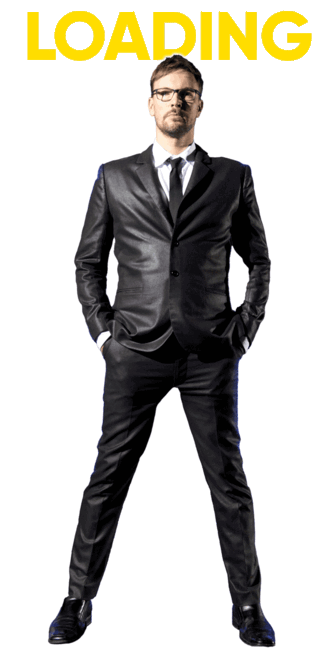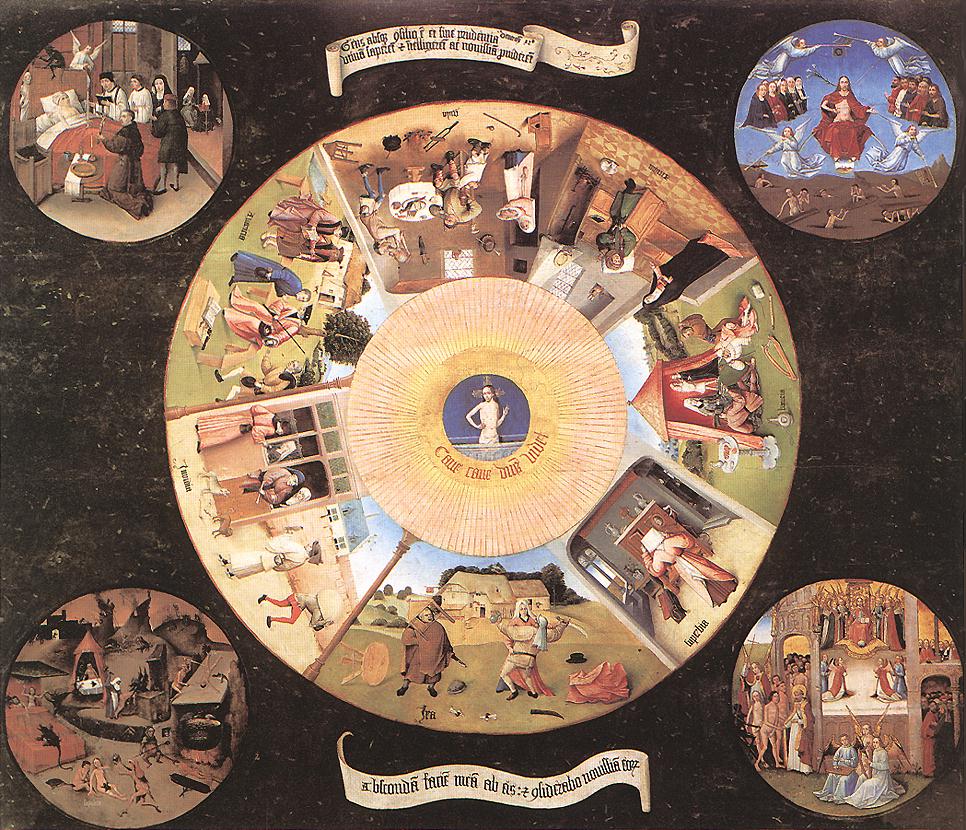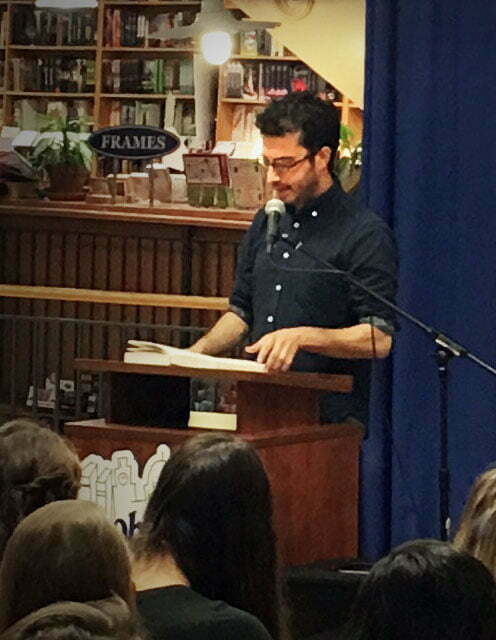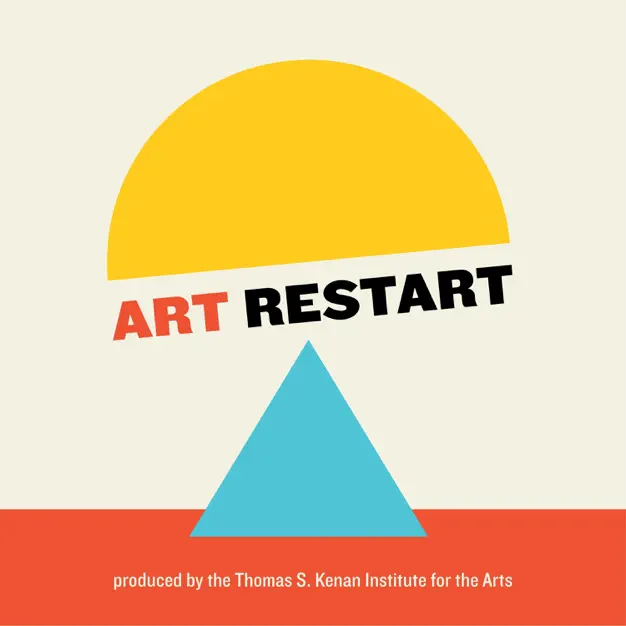REGRET
I read Everything is Illuminated after I had just moved to Hell’s Kitchen in 2000-something. My apartment was constructed in such a way that the insufficient space was further rendered at least 50% useless. Impossible corners and pipes, a desperate kitchen in the middle of a long, narrow hallway, a dank triangle shaped bedroom that kept me awake, and a vertical bathroom with a shamrock rug that I once shat upon after shuffle-running home from the subway with stomach cramps of annihilation. My first day there was the groundbreaking of the Alvin Ailey Dance Studio next door and I became a morning person by way of a convenient set of jackhammers each morning as an alarm clock. New York is not the place to go when you don’t have a purpose there. All of my work was freelance and elsewhere, so I had set out with the pioneering task of building a life without a desire in the city of want. It was hopelessly lonely and that was when I discovered Jonathan Safran Foer. His book opened up language for me in a way that showed me why words are truly powerful, for really the first time. I say really because I am not turning the phrase “for the first time” as hyperbole. I understood why words mattered for the first time. And even though each sentence was a firework of startling originality, they were also familiar, as if things I had understood only by sense, suddenly had description and nuance. It was fantastical, epic, hurtful, and tender. It grounded me in art while in life, I was wandering.
Here I Am is his first novel in 11 years and that timing is just about right for me. I am a slow reader. I like to get it right; arrive at what seems the best inflection; ponder, savor and surrender to where the author guides me. This is doubly true when reading a great author. In the 11 years since the last book, I have opened and closed a dance company and I haven’t read a single book in the interim. I went to Book People within the first few days it was released and there was a sign posted that the author would be doing a book reading. I don’t think I’ve ever been to a book reading on purpose and it had never occurred me that I would see Jonathan Safran Foer, or any author, in person in my lifetime. But my pulse went up at the thought.
I wouldn’t be able to read the book first because I had scheduled a photoshoot in Vancouver for 5 days based on the Seven Deadly Sins with a dancer from Ballet British Columbia (much more on that later). There are some creative processes, like making a ballet for example, that require my full, alert, adult self. There are some, like a photo idea that is about pure exploration and pushing my own artistic prejudices, that require me to leave my body and coast upon the clouds with the aid of something…like tequila or peyote. This was one of the latter. I chose tequila. I have come to understand my relationship to drugs and alcohol as necessary from time to time as great teachers for me, but I must keep them in their own box. The sensitivity to which I am able to be opened up by these tools is matched by my sensitivity to coming off of them. I have to create a huge space around the aftermath and not try to live a normal life for several days or there will be a hefty price. Once I discovered this, a whole new world opened up and even more wisdom came from the razor-edged sensitivity that follows. Any pains that had been bound up will come pouring out and my capacity for empathy is the feeling of putting your face directly into the shower head. My openness to experience and be present with art is never more keen.
But I wonder if standing in a crowded bookstore was maybe the wrong thing.
As I waited in the back of the room, I felt hot. The layout was weird in the way that my NY apartment was weird. Impossibly set up for so many people to crowd in. I had to both peer over a bookshelf and the heads of the second tallest people in the room.
When the author spoke, the world in these books that I loved so much was revealed as the person in front of me. I had the same sense of the infinite and the familiarity with this stranger who was addressing the room. He showed himself to be honest. At one point he called out that he was going to read further in a particular passage than he had planned and when he got to the word “brooch” he asked the crowd if it was pronounced with a long oo sound. When the audience corrected him he admitted that he hadn’t read that far into the book before because he was insecure about how to pronounce it and that there were all kinds of words in his books that he wasn’t sure how to pronounce because he had written them and not spoken them. This is an intensely generous moment where he admits an insecurity and then reveals every step in the discovery. It is perhaps a small example, but an indicator of an artist in the search of a real thing. There were so many large and small, painful bits of wisdom that in my current state of withdrawal, drove me to a constant dizziness of teary-eyed disbelief that life can be so heartbreakingly beautiful.
He told the story of being in Italy, where the book had been first released, and he was given an audience with Michelangelo’s second most famous Pieta sculpture, the one that was his final work. There exists more than one “extra” arm in this sculpture. Floating objects that are not a part of the scene of Mary and Jesus. These arms belonged to figures who were a part of the original plan, but when the idea became about just two characters, they had to be left in tact in in order to balance the work and it would not topple over. In sculpture, these artifacts of process are called “regrets”. He also spoke of Michelangelo’s regret in his life that he spent too much time on his art and not enough time on his life. These different/same meanings of the word regret, his preference for writing that shows the staples and tape of a writers process, and his own examination of regret, were effortlessly woven together in his life view. The curtain pulled back to reveal that so many seemingly disparate elements were in fact dripping toward the same conclusions.
After the reading, through my own delirious pinball bumbling through the store, I ended up at the front of the line for book signing. I hadn’t considered what this moment could be but it occurred to me in a flash what a special and unique privilege to both live in the same era as this author and to also exchange a few words. I was ready. So overwhelmed with feeling, I knew all I wanted to leave there was my thankfulness.
When I walked up and handed him the book, it seemed like maybe there would be no words, so I said, “You are my favorite author…I have so much gratitude in me.”
He stopped signing and looked up and made eye contact and said, “Well now I have gratitude as well.”
I thought that we had done it and I was ready to take my book and leave, but he continued, “Are you a writer?”
It becomes increasingly impossible for me to lie even when a lie is called for and he was asking the most complicated question that had caught me off guard, but I answered “yes” then disappeared into the tornado of myself and thought “is that even true? Who can call themselves a writer in the presence of the greatest living one?”
I blurted, “My day job is documentary filmmaker.” Which is also a strange thing to say because while it is true that I have spent my days for years now, entirely making a documentary film, that is in no way my day job. If anything were going to fit that bill, it would be choreography. It will be a long time before I can go by filmmaker with confidence.
As I fell into that tangent of thinking, he piped in again, “I love documentaries. It’s about all my wife and I ever watch. What is your favorite documentary?”
I began to regress into the feeling I had on my very first date where I was awkward enough to question every…single…word as it left my mouth. Later I became an expert of dating so thinking back to this time is painful for me. Now being on a first date with Jonathan Safran Foer was starting to make me sweat and bobble.
And not only is my favorite documentary not occurring to me, neither is any documentary ever made. Not one name. I can’t even think of a movie. There has never been a more grey-faced stammer than was me as I began speaking in tongues, stalling for time for my brain to kick in.
He tried to save me by bringing up a Werner Herzog film, but I interrupted him by vomiting “that one about the Bolshoi!” I am sweating just repeating those words in writing. I stammered out the synopsis until I finally arrived at “Bolshoi Babylon”…not my favorite documentary. I had saved just enough face to walk away upright and beet red.
I got to the parking lot and doubled over and laughed in what a goofy, ridiculous, starry-eyed fan I had become in the turn of one surprisingly personal question. No regrets though.

He had me thinking about regret on the way home. I feel plenty of the pin pricks and stab wounds, mainly of things I did not do. I sometimes regret in sixth grade, after months of being harassed by Ajay Bajaj on the school bus, that as he sat on the floor by the bus door, on the last day before Christmas vacation, that as he sat there and wished each exiting person Merry Christmas and tried to atone for his sins and walk away feeling good, I regret that I did not kick him in the teeth. I regret that I joined him in getting off the hook, only to return weeks later to the completeness of being an utter asshole. But I fear that had I taken that chance to unleash the nuclear reactor of my sixth grade anger, I would have relished it…and I would have entered the life of juvenile delinquency and the power of acting out. I would have lived a different life. We trade one decision for the next and each of those choices has it’s benefits and consequences. I think it’s less about regret, which seems to suspend one in unresolved time, and more about being sad about all of the things you gave up to be where you are now.









